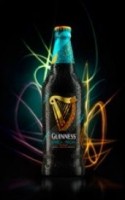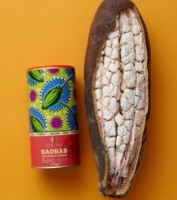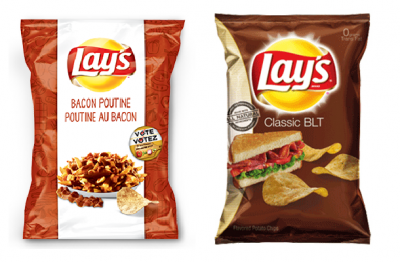Africa ascending
Next year will see Europe “buy in and reach out” to Africa, says Mintel.
According to United Nations data, 65% of the continent’s population is under 35 years old and it has a small but growing middle class. The Economist estimates that 15% live in a household with an income of $5,500 (€4,950) or more.
“Without denying Africa’s many challenges, its youthfulness, growing connectivity and economic performance can empower it to trade and put it front of mind for Europeans," says Cope. "What’s more, its indigenous products are poised to deliver a winning combination of authenticity, provenance and exoticism across food and drink, fashion and beauty.”
Mintel’s global product database shows an impressive 41% increase in food and drink product launches containing an African ingredient between 2011 and 2015, used to appeal to local tastes.
The giants are already doing it. Starbucks, Pizza Hut, Diageo and Coca-Cola have all launched ranges that are African-infused.
“[But] to succeed, more and more will seek authenticity and affection by raising levels of local sourcing and employment,” says Mintel.
Diageo, for instance, has set itself the target of sourcing 75% of ingredients for its Guinness Africa Special Stout from Nigeria. The version of Ireland's famous stout uses flavours well known to the Nigerian palate – ginger, lemongrass and chili – and the marketing campaign features artwork from a Nigerian graffiti artist.
Ethical and exotic
But the trend works both ways, with European consumers increasingly interested in African produce and ingredients. Ancient grains that are low in gluten or gluten-free such as sorghum and einkorn; gourmet Tanzanian chocolate; rose-infused jams; Ethiopian Tella beer or chickpea and plantain snacks have all been spotted by the market research company.
“If African exporters and brands can successfully mobilise, there is strong potential to appeal to youthful, premium, artisan, ethical European markets in food and beauty,” it says.
However companies need to be transparent and credible when ingredients are sourced from Africa. More than half (52%) of UK consumers said they would pay more for an ethical product - but only if they knew where the money was going.
Aduna, for instance, is a British company which sources baobab for its confectionery and powders, and is open about the ethical way it sources its ingredients in a way that benefits the local community and respects the environment.





















